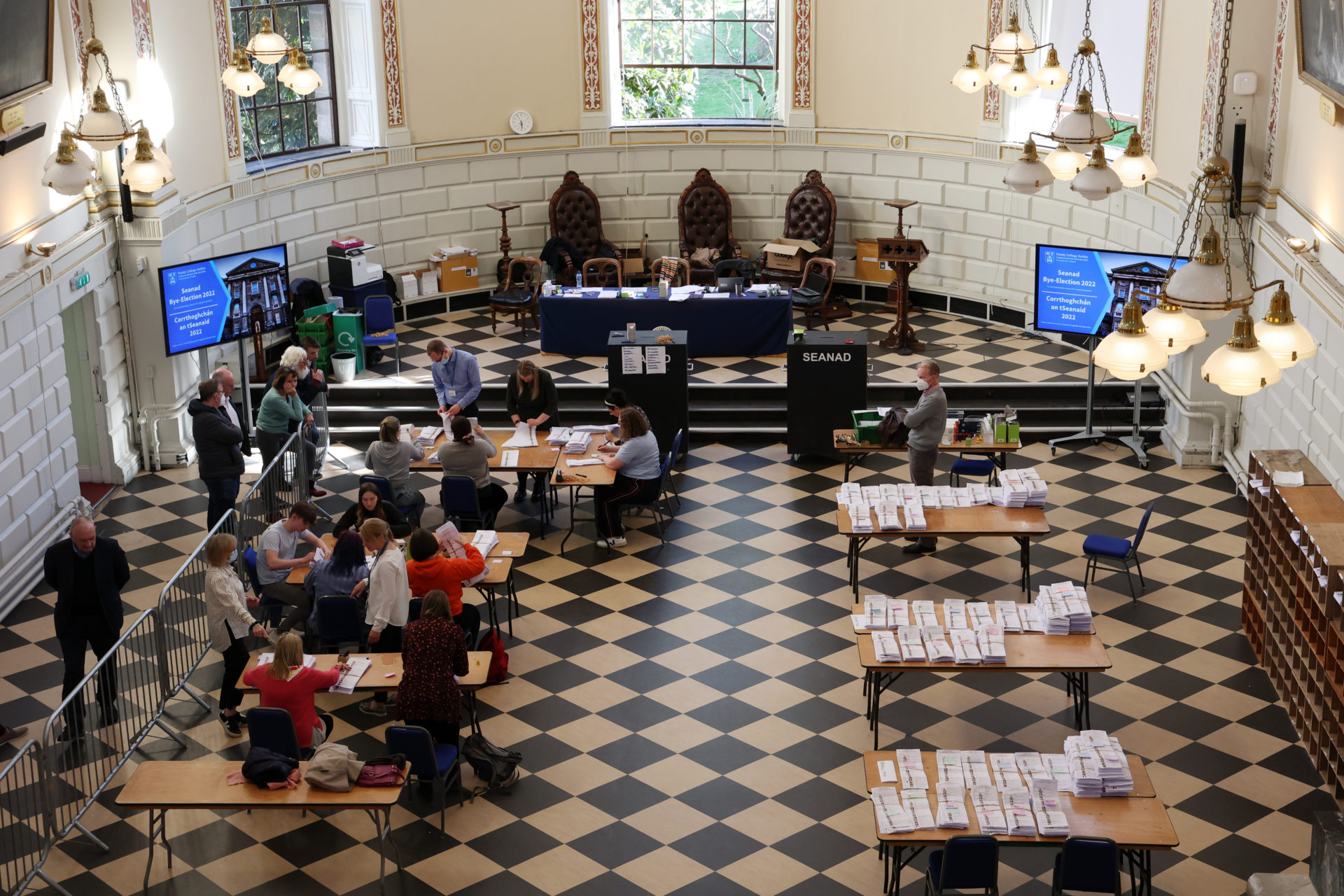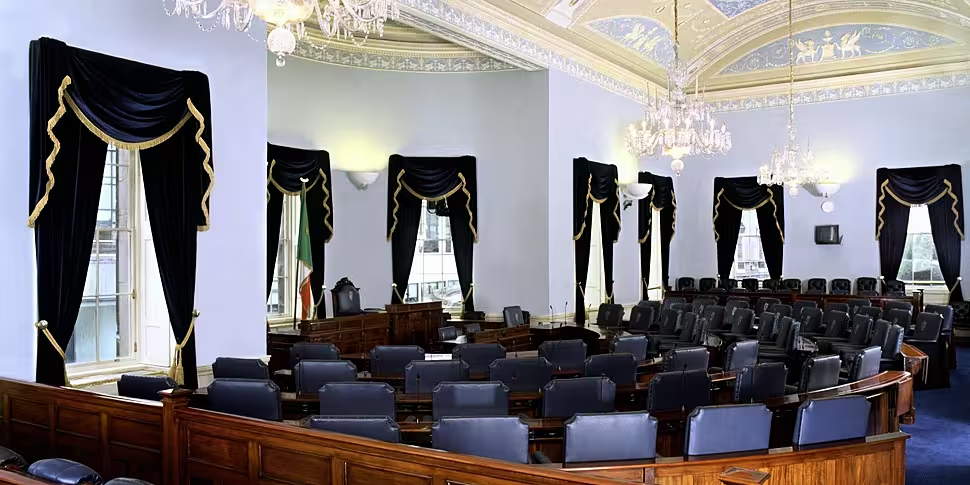Ballot papers for election to the vocational panels of the Seanad will be issued today.
But who exactly has a vote and how does the process work?
Political researcher Claire McGing joined Newstalk Breakfast to break down the inner workings of the election.
“The Seanad is essentially split into three components,” she said.
“There are the vocational panels, there are 43 on these vocational panels, and the electorate here are outgoing Senators, incoming TDs and the 949 Councillors,” she said.
“There are also six university seats, of which the electorate there are graduates of both the National University of Ireland – there are three seats in that constituency, and three others in the University of Dublin, or Trinity College Dublin (TCD).
“There are also 11 seats that are directly appointed by the Taoiseach after those seats have been filled.”
Ms McGing said these votes can stack, meaning, for example, if a person was a Councillor with degree from both Trinity College and UCD, they would get three votes.
 Seanad by-election count at the Exam Hall in Trinity College Dublin, 31/03/2022. Image: Sam Boal /Rollingnews.ie
Seanad by-election count at the Exam Hall in Trinity College Dublin, 31/03/2022. Image: Sam Boal /Rollingnews.ieWhile there have been changes made recently as to who can vote, Ms McGing said they won’t kick in until 2025.
“From April 2025, there will be a new six-seat university or higher education panel created,” she said.
“So, that would allow graduates of 15 additional institutions [to vote in the Seanad election].
“As I said, at the moment it’s currently graduates of the National University of Ireland’s institutions, or TCD.
“This will be extended to 15 others, and people are required to register or to opt in for that.
“That constituency won’t be automatic registration – that is not in effect for this Seanad’s election and will not really be in place until 2030.”
Campaigning
According to Ms McGing, candidates for the Seanad will have been campaigning among their political peers for the last few weeks.
“Because the electorate are sitting politicians – and also because the vast majority of candidates are often either party politicians or aspirant party politicians, it means that actually, campaigning can be quite intense,” she said.
“So, any candidate who was serious, for the past couple of weeks would have been going up and down the country, meeting with local Councillors, meeting with Oireachtas members, doing all of that kind of very personal kind of work to try and build up votes."
Ms McGing said that the Seanad has the power to propose, reject or pass a bill; however, the Dáil can override any of its rejections.
She said that reform was ‘certainly needed’ to keep the Seanad relevant moving forward into the future.
Main image: Irish Senate Seanad Dublin Archdc. Credit: Album / Archivo ABC. 06/12/2013









